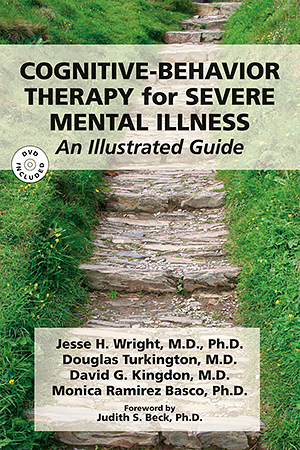Chapter 12.Promoting Adherence
Sections
Excerpt
The medical literature is full of reports of studies aimed at predicting and improving adherence to medications and other treatment interventions (Akincigil et al. 2007; Basco and Rush 1995; Cochran 1984; Keck et al. 1997; Kemp et al. 1996; Lecompte 1995; Meichenbaum and Turk 1988; Perris and Skagerlind 1994; Rosa et al. 2005; Weiden et al. 2007). It is clear from reading this literature that knowing medications will control symptoms, improve outcomes, increase quality of life, and avoid morbidity and mortality is not always enough to make people use medications as prescribed. For people who have the good fortune to be without chronic illness or for people who require continuous medication treatment for a less severe health problem, this lack of adherence may appear completely illogical. Common sense would dictate that if a drug could make someone feel better he would take it. Yet people don’t always take their medication even when it could improve their lives.
Access content
To read the fulltext, please use one of the options below to sign in or purchase access.- Personal login
- Institutional Login
- Sign in via OpenAthens
- Register for access
-
Please login/register if you wish to pair your device and check access availability.
Not a subscriber?
PsychiatryOnline subscription options offer access to the DSM-5 library, books, journals, CME, and patient resources. This all-in-one virtual library provides psychiatrists and mental health professionals with key resources for diagnosis, treatment, research, and professional development.
Need more help? PsychiatryOnline Customer Service may be reached by emailing [email protected] or by calling 800-368-5777 (in the U.S.) or 703-907-7322 (outside the U.S.).



